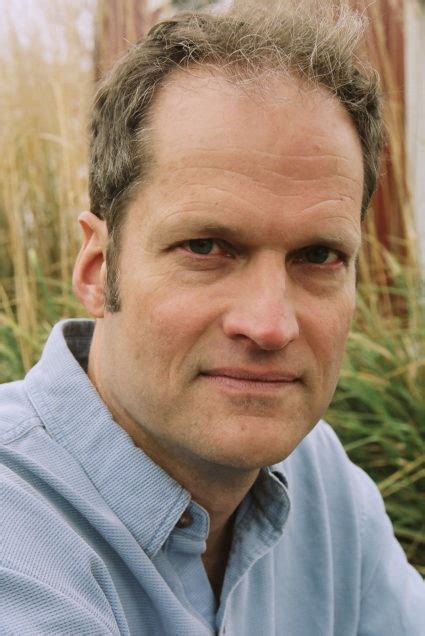A Quote by Baron d'Holbach
All religious notions are uniformly founded on authority; all the religions of the world forbid examination, and are not disposed that men should reason upon them.
Related Quotes
Were I disposed to consider the comparative merit of each of them [facts or theories in medical practice], I should derive most of the evils of medicine from supposed facts, and ascribe all the remedies which have been uniformly and extensively useful, to such theories as are true. Facts are combined and rendered useful only by means of theories, and the more disposed men are to reason, the more minute and extensive they become in their observations
The reason why the simpler sort are moved with authority, is the consciousness of their own ignorance; whereby it cometh to pass that having learned men in admiration, they rather fear to dislike them than know wherefore they should allow and follow their judgments. Contrariwise with them that are skilful authority is much more strong and forcible; because they only are able to discern how just cause there is why to some men's authority so much should be attributed.
One of the greatest pains to human nature is the pain of a new idea. It...makes you think that after all, your favorite notions may be wrong, your firmest beliefs ill-founded....Naturally, therefore, common men hate a new idea, and are disposed more or less to ill-treat the original man who brings it.
Of all the dispositions and habits which lead to political prosperity, religion and morality are indispensable supports. In vain would that man claim tribute to patriotism who should labor to subvert these great pillars of human happiness - these firmest props of the duties of men and citizens. . . . reason and experience both forbid us to expect that national morality can prevail in exclusion of religious principles.
Ours is an age of criticism, to which everything must be subjected. The sacredness of religion, and the authority of legislation, are by many regarded as grounds for exemption from the examination by this tribunal, But, if they are exempted, and cannot lay claim to sincere respect, which reason accords only to that which has stood the test of a free and public examination.
For authority proceeds from true reason, but reason certainly does not proceed from authority. For every authority which is not upheld by true reason is seen to be weak, whereas true reason is kept firm and immutable by her own powers and does not require to be confirmed by the assent of any authority.
Owing to the identification of religion with virtue, together with the fact that the most religious men are not the most intelligent, a religious education gives courage to the stupid to resist the authority of educated men, as has happened, for example, where the teaching of evolution has been made illegal. So far as I can remember, there is not one word in the Gospels in praise of intelligence; and in this respect ministers of religion follow gospel authority more closely than in some others.
We live in a very low state of the world, and pay unwilling tribute to government founded on force. There is not, among the most religious and instructed men of the most religious and civil nations, a reliance on the moral sentiment, and a sufficient belief in the unity of things to persuade them that society can be maintained without artificial restraints, as well as the solar system; or that the private citizen might be reasonable, and a good neighbor, without the hint of a jail or a confiscation.
It would truly be a fine thing if men suffered themselves to be guided by reason, that they should acquiesce in the true remonstrances addressed to them by the writings of the learned and the advice of friends. But the greater part are so disposed that the words which enter by one ear do incontinently go out of the other, and begin again by following the custom. The best teacher one can have is necessity.
Reading, reflection and time have convinced me that the interests of society require the observation of those moral precepts only in which all religions agree (for all forbid us to steal, murder, plunder, or bear false witness), and that we should not intermeddle with the particular dogmas in which all religions differ, and which are totally unconnected with morality.
There has been a controversy started of late, much better worth examination, concerning the general foundation of Morals; whether they be derived from Reason, or from Sentiment; whether we attain the knowledge of them by a chain of argument and induction, or by an immediate feeling and finer internal sense; whether, like all sound judgement of truth and falsehood, they should be the same to every rational intelligent being; or whether, like the perception of beauty and deformity, they be founded entirely on the particular fabric and constitution of the human species.


































